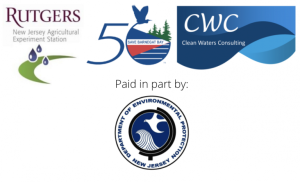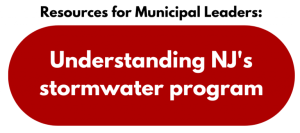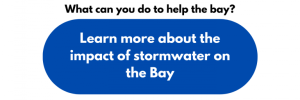Save Barnegat Bay was awarded a grant from the NJDEP to educate the municipalities and local communities in our watershed about stormwater and its impact on Barnegat Bay. This project is formally titled NEMO (Nonpoint Education for Municipal Officials).
STORMWATER RUNOFF
Any rain, snow, or hail that isn’t absorbed into the ground, flows over lawns, roads, sidewalks, and becomes stormwater runoff. The runoff picks up any chemicals, trash, and bacteria from the ground and carries it into our local waterways like Barnegat Bay. A polluted bay can halt recreational activities like fishing, boating, and swimming.
We are educating our municipal partners about the critical link between stormwater and infrastructure planning.
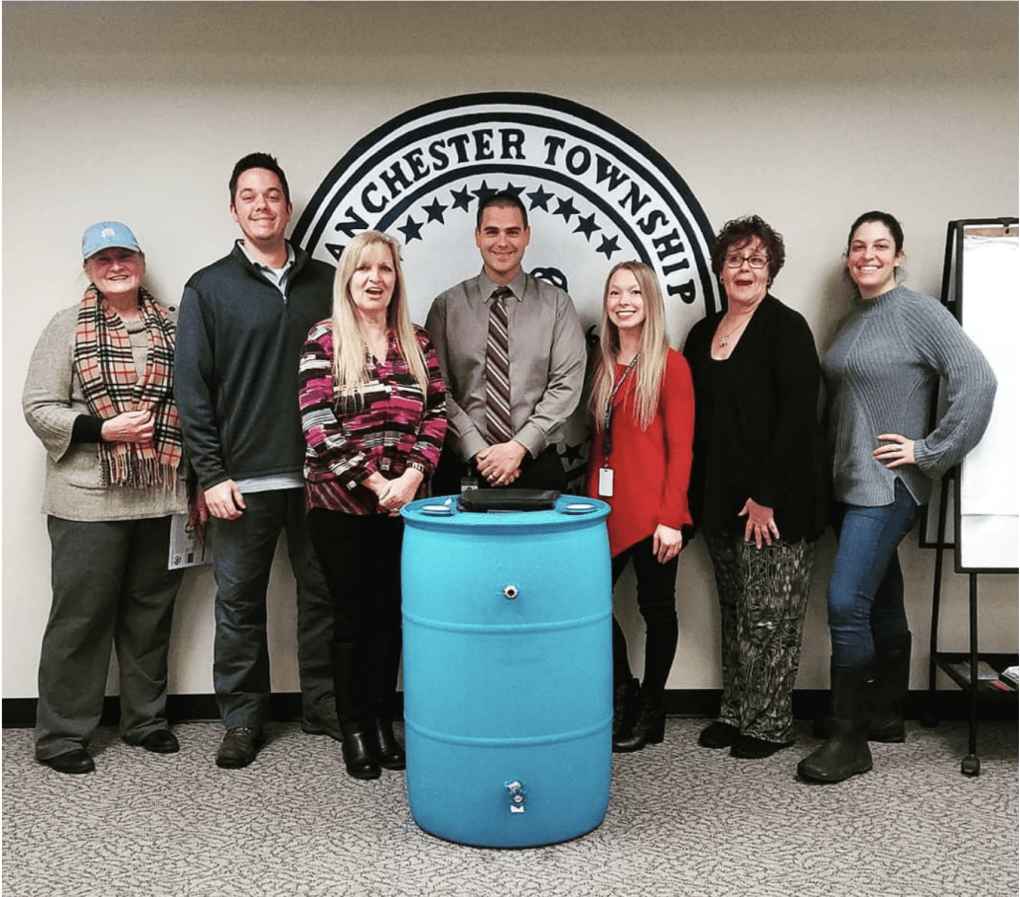
WORKSHOPS
We partner with municipalities to host free rain barrel workshops for residents. The barrels are donated by local marinas and then transformed into rain barrels. The municipalities are able to use this opportunity as a way to earn points towards their Municipal Stormwater Permit. Email Graceanne Taylor to organize workshops in your town. [email protected]
WHAT IS A RAIN BARREL? WHAT DOES A RAIN BARREL DO?
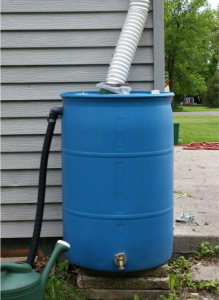
A rain barrel is a system that collects and stores rainwater from your roof that would otherwise be lost to runoff and diverted to storm drains and streams.
Usually a rain barrel is composed of a 55 gallon drum, a vinyl hose, PVC couplings, a screen grate to keep debris and insects out, and other off-the-shelf items, a rain barrel is relatively simple and inexpensive to construct and can sit conveniently under any residential gutter down spout.
Installing a rain barrel can help conserve water, reduce erosion, flooding, and polluted stormwater. Use the water to water your garden or wash your car!
What are the advantages of a rain barrel?
Lawn and garden watering make up nearly 40% of total household water use during the summer. A rain barrel collects water and stores it for when you need it most — during periods of drought — to water plants, wash your car, or to top a swimming pool.
It provides an ample supply of free “soft water” to homeowners, containing no chlorine, lime or calcium making it ideal for gardens, flower pots, and car and window washing.
A rain barrel will save most homeowners about 1,300 gallons of water during the peak summer months. Saving water not only helps protect the environment, it saves you money and energy (decreased demand for treated tap water).
Diverting water from storm drains also decreases the impact of runoff to streams. Therefore, a rain barrel is an easy way for you to have a consistent supply of clean, fresh water for outdoor use, FREE
Ordinances
- Stormwater Control Ordinance
- Pet Waste Ordinance
- Wildlife Feeding Ordinance
- Litter Control Ordinance
- Improper Disposal of Waste Ordinance
- Containerized Yard Waste Ordinance
- Private Storm Drain Inlet Retrofitting Ordinance
- Illicit Connection Ordinance
